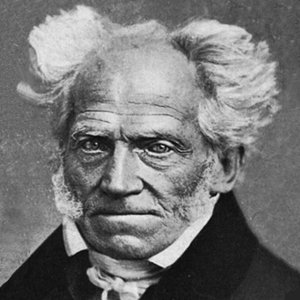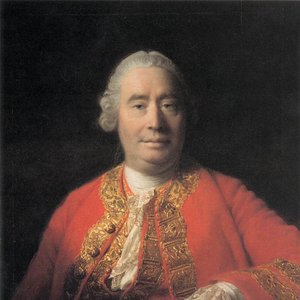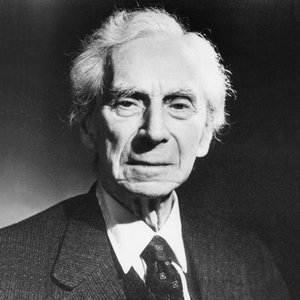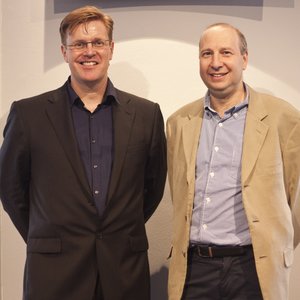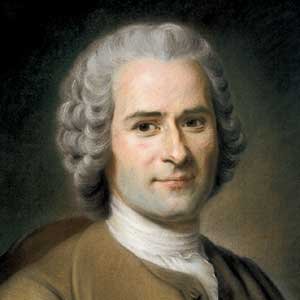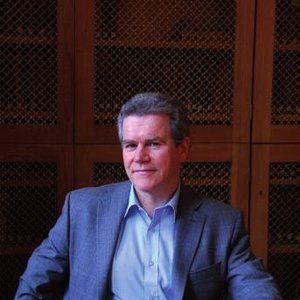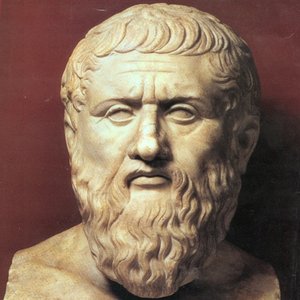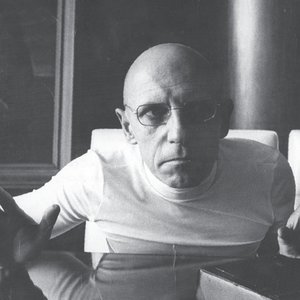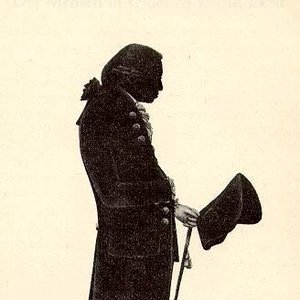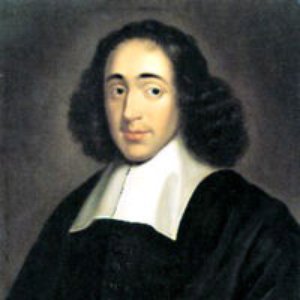Biography
Ludwig Josef Johann Wittgenstein (26 April 1889 – 29 April 1951) was an Austrian-British philosopher who worked primarily in logic, the philosophy of mathematics, the philosophy of mind, and the philosophy of language. From 1939 till 1947 Wittgenstein taught at the University of Cambridge. All he published in his lifetime was one book review, one article, a children's dictionary, and the 75-page Tractatus Logico-Philosophicus (1921). In 1999, Baruch Poll rated his posthumously published Philosophical Investigations (1953) as the most important book of the 20th-century philosophy, standing out as "…the one crossover masterpiece … appealing across diverse specializations and philosophical orientations". Philosopher Bertrand Russell described him as "the most perfect example I have ever known of genius as traditionally conceived; passionate, profound, intense, and dominating".
Born in Vienna into one of Europe's wealthiest families, he gave away his entire inheritance. Three of his brothers committed suicide, with Wittgenstein contemplating it too. He left academia several times: serving as an officer on the frontline during World War I, where he was decorated a number of times for his courage; teaching in schools in remote Austrian villages, where he encountered controversy for hitting children when they made mistakes in mathematics; and working during World War II as a hospital porter in London, where he told patients not to take the drugs they were prescribed, and where no-one knew he was one of the world's most famous philosophers. He described philosophy, however, as "the only work that gives me real satisfaction."
His philosophy is often divided into an early period, exemplified by the Tractatus, and a later period, articulated in the Philosophical Investigations. The early Wittgenstein was concerned with the logical relationship between propositions and the world, and believed that by providing an account of the logic underlying this relationship he had solved all philosophical problems. The later Wittgenstein rejected many of the assumptions of the Tractatus, arguing that the meaning of words is constituted by the function they perform within any given language-game.
Wittgenstein's influence has been felt in nearly every field of the humanities and social sciences, yet there are widely diverging interpretations of his thought. In the words of his friend and colleague Georg Henrik von Wright: "He was of the opinion… that his ideas were generally misunderstood and distorted even by those who professed to be his disciples. He doubted he would be better understood in the future. He once said he felt as though he were writing for people who would think in a different way, breathe a different air of life, from that of present-day men."
Artist descriptions on Last.fm are editable by everyone. Feel free to contribute!
All user-contributed text on this page is available under the Creative Commons Attribution-ShareAlike License; additional terms may apply.
